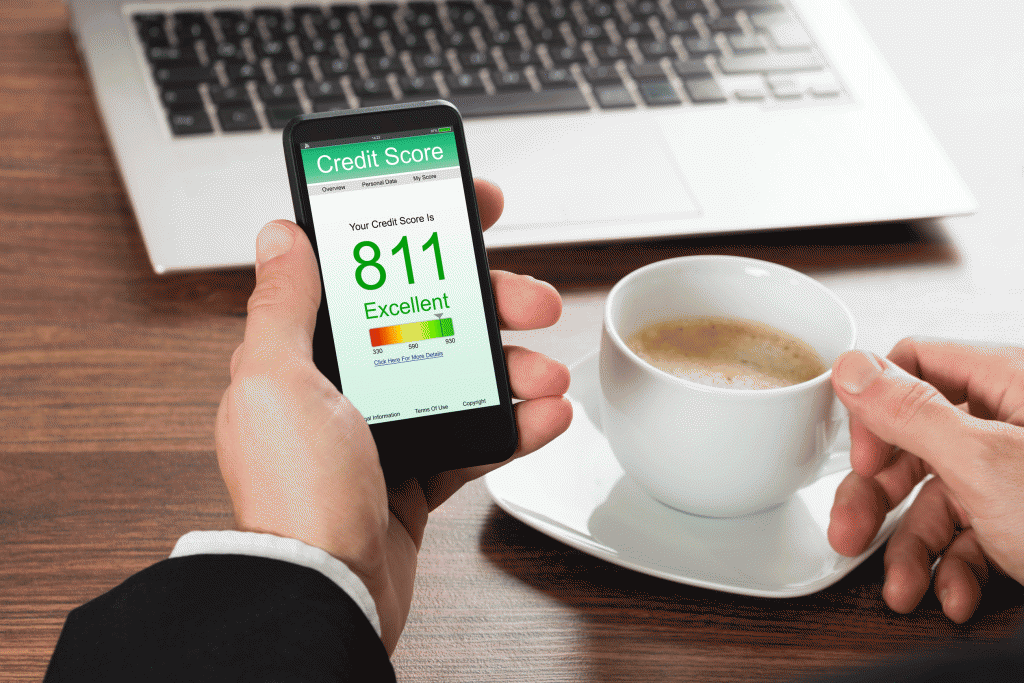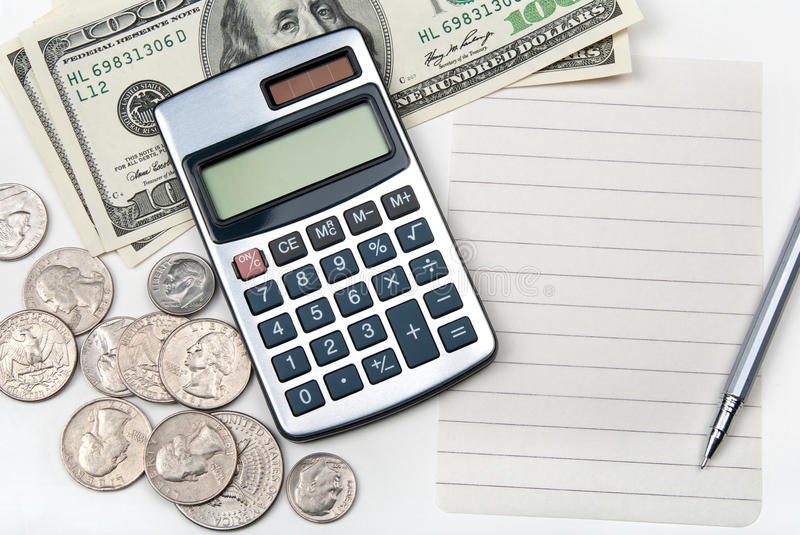Struggling to make ends meet before your next paycheck? Pay day loans seem like a quick fix, but they can be risky. This guide shows you how to apply for them the smart way—without falling into a debt trap.
Pay day loans are short-term loans meant to cover urgent expenses until your next paycheck. They’re fast and easy to obtain, which makes them tempting when you’re low on cash. But they also come with high interest rates and strict repayment terms. If you’re not careful, you could end up in a cycle of debt. This article will help you understand how to apply for pay day loans wisely. You’ll learn what to check before borrowing and how to stay in control of your money.
What Are Pay Day Loans and How Do They Work?
Payday loans are small, short-term loans usually meant to be repaid by your next payday. These loans are often used to cover emergency expenses such as medical bills, car repairs, or utility payments. You can apply online or in person and receive the money within hours.
In many cases, the borrower must repay the loan in a lump sum, along with the interest and fees. Since the loan term is short, it’s important to plan your repayment in advance. If you fail to repay on time, the costs can pile up fast.
Why People Choose Pay Day Loans
Many people turn to pay day loans when they face sudden financial stress. These loans offer:
- Quick access to cash
- Minimal paperwork
- No need for perfect credit
Because of their speed and ease, they’re often seen as a lifeline. However, that convenience comes at a price. Interest rates are often high, and missing a payment can result in additional fees or even increased borrowing.
Know Your Financial Situation Before Applying
Before you consider any loan, take a close look at your finances. Ask yourself:
- Do I really need this loan?
- Can I repay it on time without needing to borrow again?
- Are there cheaper alternatives?
It helps to list all your monthly income and expenses. This will show you if you can afford the repayment. If not, it’s better to explore other solutions first, such as seeking help from family or finding additional work.
Steps to Apply for Pay Day Loans Safely
- Understand the Terms and Conditions
Before you apply, read all the terms carefully. Look out for:
- The total repayment amount
- The due date
- Any late fees or penalties
- Rules for extensions
Make sure you understand how much you’ll pay back in total. If the numbers don’t add up or seem too high, reconsider your decision.
- Choose a Reputable Lender
Always go with a licensed lender. Avoid companies that don’t give clear information or pressure you to sign quickly. A good lender should:
- Explain the loan terms clearly
- Provide customer service support.
- Follow local lending law.
Reading online reviews and checking government websites can help you choose wisely.
- Only Borrow What You Need
It can be tempting to take out a bit more than you need. However, remember that this money is not free. Every extra pound will add to your repayment. So, keep your borrowing amount as low as possible.
Avoiding the Debt Trap
Don’t Roll Over the Loan
One of the biggest risks is rolling over the loan. This means extending the loan for an additional period, typically with added fees. It might seem like a good idea at first, but it only delays the problem and increases your total debt.
Stick to a Repayment Plan
Make a simple plan for how you’ll repay the loan. Set reminders, cut back on unnecessary spending, and prioritise paying off the loan by the due date. If you run into trouble, contact the lender early. They may offer other options.
Build an Emergency Fund
Once the loan is repaid, start saving a little each month. Even a small emergency fund can prevent you from needing another pay day loan in the future. It adds a layer of security and reduces stress when unexpected costs arise.
Better Alternatives to Pay Day Loans
Ask Friends or Family
Sometimes, a small loan from someone you trust can be a better option. Make sure to treat it seriously—agree on a repayment date and stick to it.
Talk to Your Employer
Some employers offer advance salary payments or hardship loans. It’s worth asking if this option is available at your workplace.
Use Budgeting Apps
Numerous free apps can help you manage your money more effectively. These tools can track your spending and find ways to save, so you avoid shortfalls in the first place.
Consider Credit Unions
Credit unions often offer small loans with lower interest rates. They are member-owned and usually have fair lending practices.
Signs You Might Be Heading Toward a Debt Trap
- You’ve taken out more than one pay day loan.
- You can’t pay bills without borrowing.
- You’ve rolled over the same loan multiple times.
- Your loan payments exceed 20% of your income.
If any of these apply, it’s time to get financial advice. Many organisations offer free support and help you make a plan to regain control.
Tips for Long-Term Financial Health
Track Your Spending
Keep a daily or weekly record of your expenses. This makes it easier to spot wasteful habits.
Plan Your Budget
Create a simple budget. Divide your income into needs, wants, and savings. Stick to it each month.
Avoid Impulse Purchases
Wait 24 hours before buying anything non-essential. This helps prevent emotional spending.
Learn About Money
Many websites offer free courses and financial tips. Learning a little bit each week can make a big difference.
Conclusion
Pay day loans can help in a pinch, but they’re not a long-term solution. The key is to use them wisely and only when absolutely necessary. Understand the terms, borrow the least amount possible, and have a clear repayment plan. Avoid rolling over your loan, and always look for better options first. By staying informed and careful, you can meet your needs without falling into a debt trap. Managing your money well now will protect your future.





